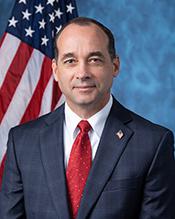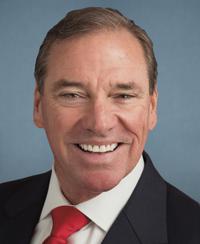0
Association Health Plans Act
12/15/2023, 3:57 PM
Summary of Bill HR 2868
Under the provisions of the bill, these association health plans would be exempt from certain regulations that currently apply to individual and small group health insurance plans. This would allow for more flexibility in plan design and potentially lower costs for participants.
Supporters of the bill argue that it would provide more affordable health insurance options for small businesses and individuals who may not have access to coverage through traditional means. They believe that by allowing associations to negotiate with insurance providers on behalf of their members, costs can be reduced and coverage can be expanded. Opponents of the bill, however, raise concerns about the potential for fraud and abuse in the association health plan market. They worry that allowing these plans to operate outside of the current regulatory framework could lead to inadequate coverage and financial instability for participants. Overall, the Association Health Plans Act is a controversial piece of legislation that seeks to address the challenges faced by small businesses and self-employed individuals in obtaining affordable health insurance. Its fate in Congress remains uncertain as lawmakers continue to debate the potential benefits and drawbacks of the bill.
Congressional Summary of HR 2868
Association Health Plans Act
This bill provides statutory authority for the treatment of association health plans (AHPs) as single, large employers for purposes of the Employee Retirement Income Security Act (ERISA).
Under AHPs, groups of individuals or small employers join together to purchase health insurance coverage. AHPs were historically subject to the market requirements for individual and small group health plans. In 2018, the Department of Labor issued regulations that allowed an AHP to be considered a single, large employer under ERISA if certain conditions are met. The regulations have been subject to litigation, which is still ongoing.
The bill provides that an AHP qualifies as a single, large employer if it (1) among other listed criteria, has been in existence for at least two years and was formed for a purpose other than offering health insurance; (2) meets any criteria set by Labor in a prior advisory opinion; or (3) meets any other criteria set by Labor through regulations.
Additionally, the bill establishes rules for AHPs to set premium rates and prohibits AHPs from discriminating in coverage based on health status-related factors or denying coverage based on preexisting conditions.





